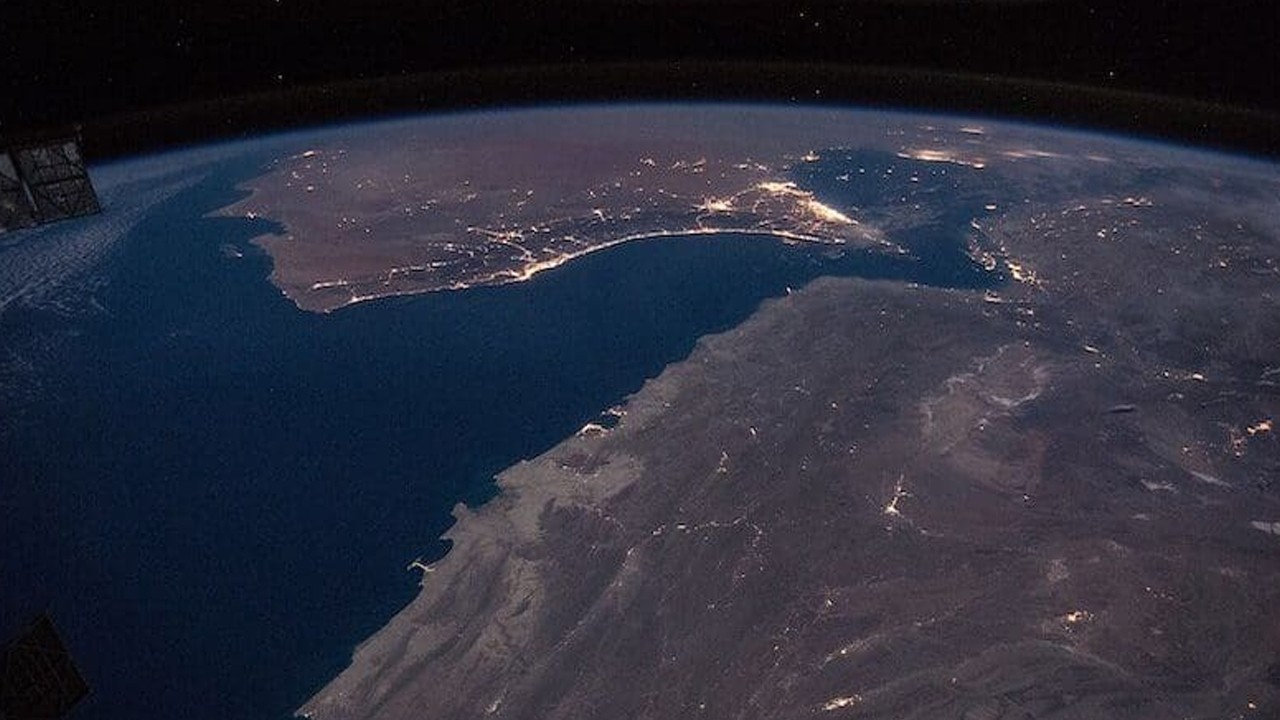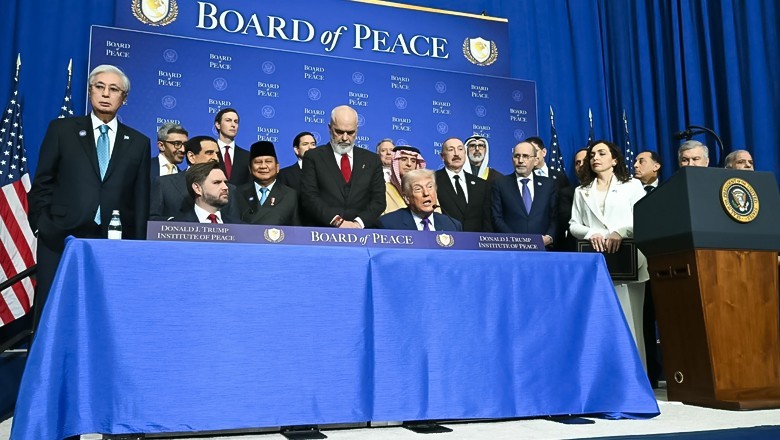What happens if Iran closes the Strait of Hormuz?

Web Desk
|
17 Jun 2025
Amid growing tensions following Israel’s attack on Iran, fears are mounting over the potential closure of the Strait of Hormuz, a narrow but critically important maritime chokepoint for global energy supplies.
Often referred to as the world’s most vital oil artery, the Strait of Hormuz connects the Persian Gulf to the Gulf of Oman and the Arabian Sea. It lies between Iran and Oman and narrows to just 33 kilometers at its tightest point. Despite its size, it handles roughly one-fifth of the world’s total oil shipments.
Countries such as Saudi Arabia, the United Arab Emirates, Kuwait, and Iran rely heavily on the route to transport crude oil. Likewise, Qatar uses the strait for nearly all of its liquefied natural gas (LNG) shipments.
The US Fifth Fleet, stationed in Manama, Bahrain, is tasked with protecting shipping routes at sea.
Why is it in the spotlight again?
Geopolitical tensions between Iran and Israel have fueled speculation that Iran could block the passagem a move that experts say would send shockwaves through the global energy market.
Oil prices surged at the start of the trading week as fears over the Strait’s security rattled markets.
Brent crude rose more than $2 (2.8%) to $76.37 per barrel in early Asian trading. UScrude also jumped about $2, reaching $75.01.
What would happen if the strait is closed?
According to analysts, any disruption could affect 20% of the world's oil flow. Investment bank JP Morgan previously warned that in the event of closure, global oil prices could soar to $120–$130 per barrel.
While Iran’s Oil Ministry stated that its production and exports remain unaffected by Israel’s attack, noting no damage to oil storage facilities or refineries, further strikes could alter that reality.
US-Iran conflicts on Strait of Hormuz
The Strait of Hormuz has long been a hotspot in regional conflicts. During the Iran-Iraq War (1980–1988), both nations targeted oil tankers passing through the area.
In 1988, the Us Navy shot down an Iranian civilian airliner over the strait, killing 290 people. Washington later claimed it mistook the passenger aircraft for a military jet.
Tensions flared again in 2008 when the US accused Iranian boats of harassing its warships. The then-head of Iran’s Revolutionary Guard Corps, Mohammad Ali Jafari, warned that any aggression would be met with retaliation, including possible seizure of US vessels.
For countries like Pakistan that heavily rely on energy imports, especially through Gulf routes, any instability in the Strait of Hormuz can directly translate to fuel shortages, price hikes, and broader economic strain.












Comments
0 comment